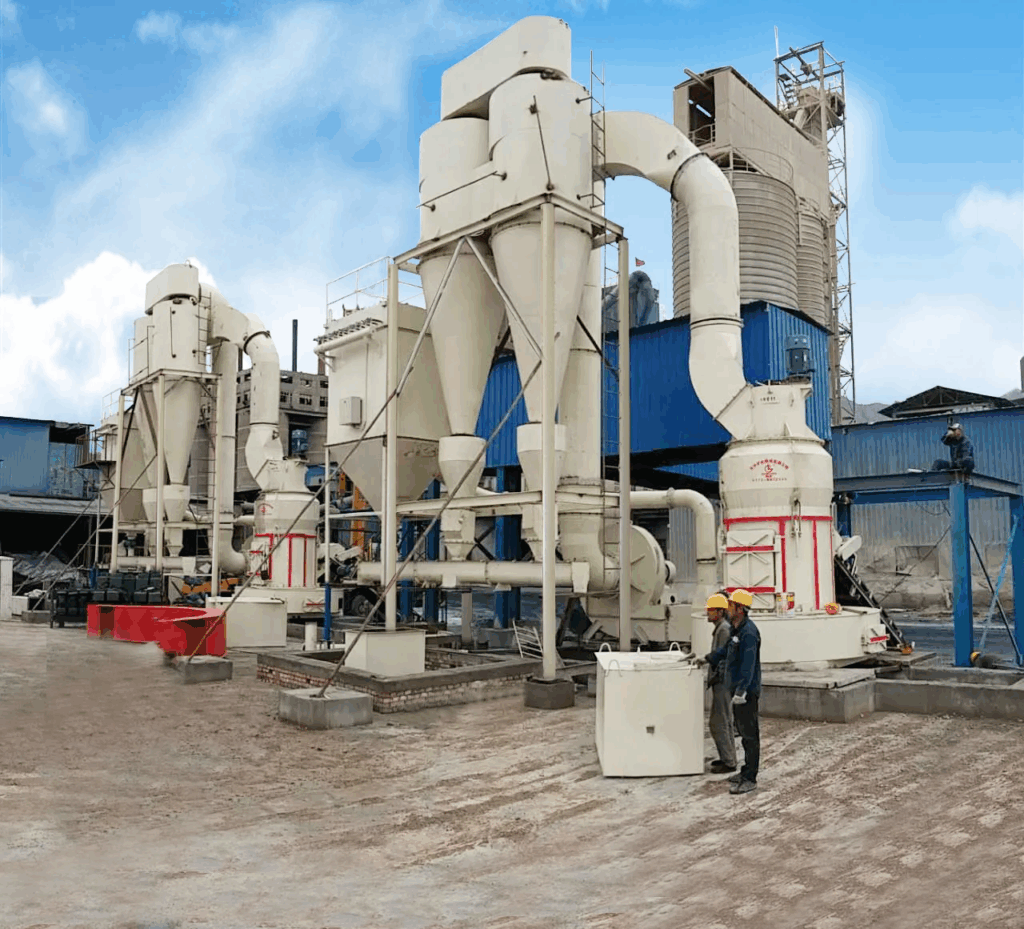In many developing countries—especially across Sub-Saharan Africa—mining continues to be a major economic driver. Yet, most mining operations remain small-scale, operating with limited capital, rudimentary tools, and often inefficient workflows. While this sector is full of potential, one of the biggest barriers to growth and profitability is outdated machinery.
As the global demand for minerals surges, small-scale miners must shift beyond extraction alone. Real economic value lies in mineral beneficiation—the process of transforming raw ores into higher-value materials through crushing, grinding, and processing. And in 2025, with scalable, efficient equipment now more accessible than ever, this shift is no longer optional—it’s urgent.
Raw mineral exports may bring short-term income, but without value addition, countries lose out on jobs, tax revenues, and industrial development. Beneficiation bridges this gap by enabling:
- Improved recovery of valuable material
- Enhanced product quality and export potential
- Local enterprise development and industrial diversification
At the core of beneficiation are two critical stages: grinding and milling. These processes break down mined material into fine particles, making it easier to extract and refine target minerals. When done right, they dramatically improve output quality and efficiency.
Modern Milling: The Missing Link in Small-Scale Mining
Despite its importance, milling remains a weak link in many small-scale operations. Manual or outdated methods lead to poor mineral liberation, high energy use, and significant losses. The solution lies in adopting fit-for-purpose grinding technologies such as industrial grinding machine that combine energy efficiency, high throughput, and ease of use.

Among the more accessible solutions on the market today are compact industrial grinding mills tailored for small- to mid-scale mineral processing. These machines can handle a range of materials—from limestone to barite—and are increasingly used in beneficiation setups in resource-rich regions of Africa.
Addressing the Challenges of Equipment Adoption
We recognize that small operators face legitimate hurdles:
- High capital costs
- Limited access to technical training
- Concerns over maintenance and reliability
However, with more suppliers offering localized support, modular equipment designs, and training add-ons, the barrier to entry is lower than ever. Forward-thinking mining cooperatives and local entrepreneurs are already investing in basic processing units—especially grinding mills—as part of their beneficiation strategy.
What This Means for Small-Scale Operators
Adopting efficient grinding technology isn’t just a production decision—it’s a strategic move that impacts:
- Profit margins – better processing = more output
- Environmental footprint – efficient systems reduce energy and water use
- Compliance – processed minerals align better with regulatory and export standards
- Job creation – beneficiation builds a broader value chain, requiring more skilled labor
Looking Ahead: A New Era for African Mining
As we move deeper into 2025, the question for small-scale miners is no longer whether they should process their minerals—it’s how soon they can get started. Grinding and milling technologies, once seen as the preserve of large mining companies, are now within reach. For those ready to step up, the opportunity to move from raw extraction to real value creation has never been clearer.
If you’re exploring options to enhance your beneficiation setup with efficient grinding solutions, it’s worth considering established technologies. One such option is the Raymond Mill—a widely used industrial grinding system known for its reliability, energy efficiency, and fine output. If you’re looking for a dependable solution, check out this Raymond Mill manufacturer to learn more about the specifications and pricing.

